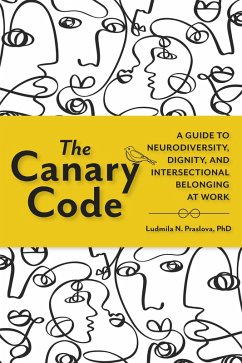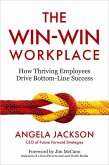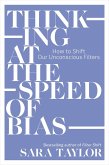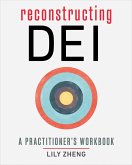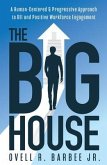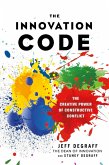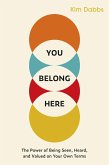Exclusion robs people of opportunities, and it robs organizations of talent. In the long run, exclusionary systems are lose-lose.
How do we build win-win organizational systems?
From a member of the Thinkers50 2024 Radar cohort of global management thinkers most likely to impact workplaces and the first person to have written for Harvard Business Review from an autistic perspective comes The Canary Code-a guide to win-win workplaces.
Healthy systems that support talent most impacted by organizational ills-canaries in the coal mine-support everyone.
Currently, despite their skills and work ethics, members of ADHD, autism, Tourette Syndrome, learning differences, and related communities face drastic barriers to hiring and advancement. In the U.S., 30-40% of neurodivergent people and 85% of autistic college graduates struggle with unemployment. Like canaries in the mine, they are impacted by issues that ultimately harm everyone. Lack of flexibility, transparency, and psychological safety excludes neurodivergent, disabled, and multiply marginalized talent-and leaves most employees stressed and disengaged.
This unique book is a guide to change-making for CEOs, managers, HR leaders, and everyone who wants to contribute to building a more inclusive world.
The authors' over 25 years of experience spanning global diversity to neurodiversity leadership and extensive research on innovative practices of uniquely inclusive organizations around the world inform this books':
How do we build win-win organizational systems?
From a member of the Thinkers50 2024 Radar cohort of global management thinkers most likely to impact workplaces and the first person to have written for Harvard Business Review from an autistic perspective comes The Canary Code-a guide to win-win workplaces.
Healthy systems that support talent most impacted by organizational ills-canaries in the coal mine-support everyone.
Currently, despite their skills and work ethics, members of ADHD, autism, Tourette Syndrome, learning differences, and related communities face drastic barriers to hiring and advancement. In the U.S., 30-40% of neurodivergent people and 85% of autistic college graduates struggle with unemployment. Like canaries in the mine, they are impacted by issues that ultimately harm everyone. Lack of flexibility, transparency, and psychological safety excludes neurodivergent, disabled, and multiply marginalized talent-and leaves most employees stressed and disengaged.
This unique book is a guide to change-making for CEOs, managers, HR leaders, and everyone who wants to contribute to building a more inclusive world.
The authors' over 25 years of experience spanning global diversity to neurodiversity leadership and extensive research on innovative practices of uniquely inclusive organizations around the world inform this books':
- Explicitly intersectional approach to (neuro)inclusion
- Holistic understanding of humans and their social, cognitive, emotional, and physical differences.
- Holistic approach to organizational talent practices, from creating job descriptions and recruiting to onboarding, performance management, and leadership development.
- A globally inclusive approach that centers, celebrates and invites multiple voices from the neurodivergent community.
- A lead from where you are approach to change-making.
Dieser Download kann aus rechtlichen Gründen nur mit Rechnungsadresse in A, D ausgeliefert werden.

